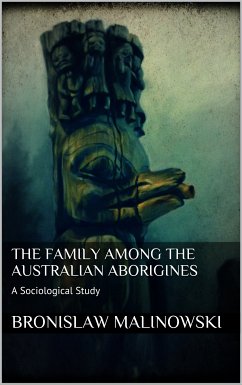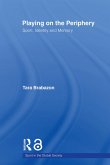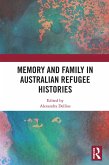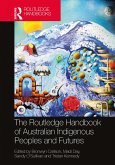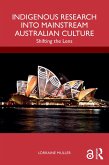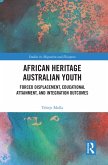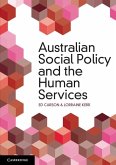The importance of the subject treated in this study, as well as the prominent part played by the Australian evidence in the problem of kinship, will, it is believed, amply justify a detailed inquiry into the institution of the family in Australia. It is, however, always desirable for a monograph like the present one, besides being a mere collection and description of facts, to have a sufficiently wide theoretical scope. It ought to demonstrate some general principle upon the particular example treated, and to approach the problem from a new standpoint. I wish here shortly to indicate how far a slight and imperfect attempt in this direction has been made. In describing the facts of family life in Australia I have tried to show that even if the problems of origins and development of an institution be put aside and the inquiry be limited to the actual facts (in this case to the actual working of the aboriginal kinship organization), there are plenty of subjects of great theoretical importance, some of which, as yet not fully considered by sociologists. On the other hand, I have tried to show that in dealing with purely sociological problems it is necessary, in order to do justice to the complexity and fulness of social phenomena, to draw into the field of inquiry a series of facts often hitherto partially or completely neglected. The facts of daily life, the emotional side of family relations, the magico-religious ideas of the aborigines about kinship and sexual relations, customary as well as legal norms-all these factors must be taken impartially into careful consideration in order to give the full picture of an institution as it embraces living man in a living society. In other words each social institution must be studied in all its complex social functions as well as in its reflexion in the collective psychology.
Dieser Download kann aus rechtlichen Gründen nur mit Rechnungsadresse in A, B, BG, CY, CZ, D, DK, EW, E, FIN, F, GR, H, IRL, I, LT, L, LR, M, NL, PL, P, R, S, SLO, SK ausgeliefert werden.

